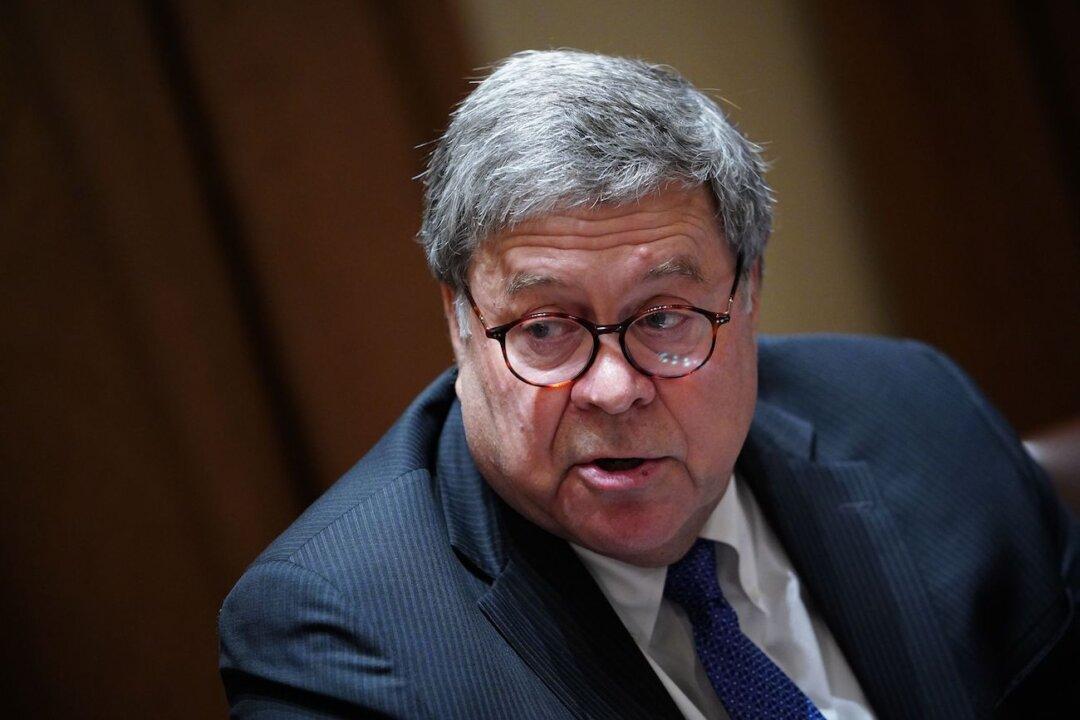Attorney General William Barr has authorized federal prosecutors across the country to “pursue substantial allegations” of voting irregularities, according to a leaked memo.
“I authorize you to pursue substantial allegations of voting and vote tabulation irregularities prior to the certification of elections in your jurisdictions in certain cases, as I have already done in specific instances. Such inquiries and reviews may be conducted if there are clear and apparently credible allegations of irregularities that, if true, could potentially impact the outcome of a federal election in an individual State,” read part of the two-page internal memo.





